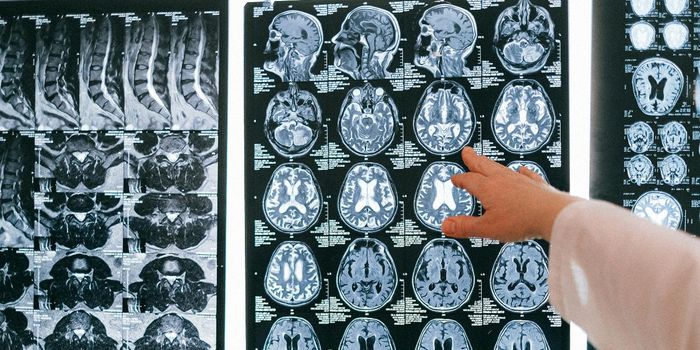Thanks to immune soldiers called T cells, the body is protected from most infections: viral, bacterial, parasitical, or other. T cells endure a strenuous process to become the functional units that they are, and unfortunately sometimes errors are made during their “training” that causes them to detect healthy, host cells as “foreign,” causing autoimmune diseases that many people are familiar with: type 1 diabetes, rheumatoid arthritis, and others.
In a new study from the Walter and Eliza Hall Institute, scientists discovered a new, key player involved in T cell development in an organ called the thymus, essentially the “training ground” for developing T cells. The key player is a protein complex, specifically the “linear ubiquitin chain assembly complex” (LUBAC).
LUBAC’s newly discovered role in the
Nature Communications study revolves around quality control: something every well-functioning business - or body system - needs to conduct successfully.
"Since the function of the thymus was discovered by Professor Jacques Miller almost 60 years ago, there has been an intense research effort to reveal the intricate details of how immune T cells develop," said one of the leading researchers, Dr. Charis Teh.
LUBAC regulates the quality of the immune respond by preventing autoimmune cells from continuing through the stages of development when they respond to “self,” also known as the host’s own healthy cells that don’t need immune cell mounting a response against them.
“We're excited by the prospect that this new checkpoint may be important for ensuring autoimmune T cells are not allowed to complete their development," Teh said.
Current treatments for autoimmune diseases suppress the entirety of the immune system, making people more vulnerable to infection from any bacteria and viruses that they encounter. With this new finding, though, the potential for a more targeted treatment grows, by only targeted T cells with dysfunctional LUBAC.
New applications in the future involve new treatments for autoimmune diseases and diseases caused by mutations in the gene coding for LUBAC, which past research has connected to rare immune diseases.
Source:
Walter and Eliza Hall Institute









